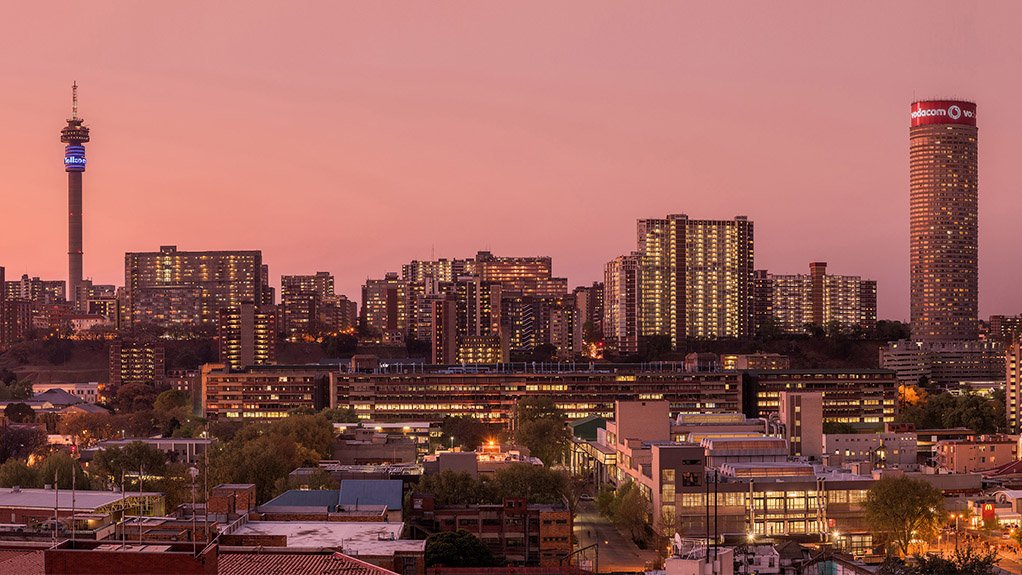In an effort to ensure businesses remain invested in South Africa’s biggest city, the City of Johannesburg (CoJ) has announced that it will offer some key customers, essential services and businesses a loadshedding reprieve.
The CoJ will in a gradual manner, from early June, exclude certain customers - network configurations permitting.
Environment and Infrastructure Services MMC Jack Sekwaila explains that the move will go a long way in saving much-needed jobs within the city.
Relentless loadshedding has heavily impacted on economic activity in Johannesburg, leading to some businesses closing down and others emigrating to other provinces where more reliable electricity supply is guaranteed, Sekwaila states.
He adds small businesses particularly suffer the impacts of loadshedding, some of which are still recovering from Covid-19.
Most large power users and key business customers are already excluded from loadshedding through load curtailment agreements. Other businesses, especially those in industrial areas and which employ many people, will now be gradually excluded from loadshedding, in line with network configuration and rolling out of new energy techniques, Sekwaila explains.
He adds the city is already exempting most health and water services, and cannot exclude all desired businesses at once, owing to the embedded nature of the network.
CoJ will build up to exclude most embedded essential services within the network.
City Power has been working hard to reduce the burden of loadshedding on customers and electricity infrastructure and has, to this end, designed a new loadshedding schedule.
The schedule eliminates the four-hour duration of loadshedding in all stages, and maintains two hours, plus 30 minutes in some cases, up to Stage 8.
In a four- or five-day Stage 1 or 2 loadshedding, a customer may be shed only once a day.
The maximum duration a block can be switched off in 24 hours is 12 hours, or six times in higher stages from Stage 8.
“Given the Johannesburg electricity network comprises 16 blocks, at two hours per time slot in 24 hours and over 31 days, the algorithm is designed like a square to ensure fairness to all blocks. “This explains 50% chance of enjoying less frequent and 50% of worst case depending on the day,” Sekwaila notes.
He adds it is for this reason that the city needs to exempt the industrial loads to avoid worst case scenarios.
EMAIL THIS ARTICLE SAVE THIS ARTICLE ARTICLE ENQUIRY
To subscribe email subscriptions@creamermedia.co.za or click here
To advertise email advertising@creamermedia.co.za or click here











